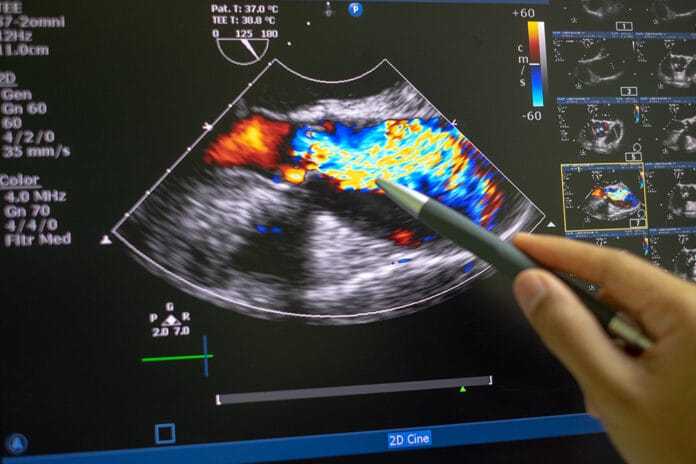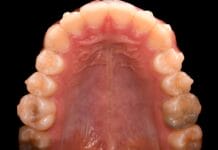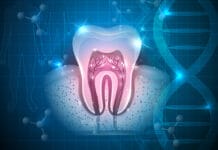A retrospective study in Taiwan has revealed a potential link between periodontitis and the development of valvular heart disease. The results of the study were published in the June edition of the Journal of Clinical Periodontology under the title, “Periodontitis is associated with incidental valvular heart disease: A nationwide population-based cohort study.”
About Valvular Heart Disease
A healthy heart has four different chambers and valves. The left and right atria in the two upper heart chambers are responsible for pumping blood into the heart. Meanwhile, the left and right ventricles in the heart’s lower chamber are in charge of pumping blood out of the heart. The valves inside the ventricles open and close to help regulate the amount of blood flow coming into and out of the organ.
Valvular heart disease (VHD) occurs when a heart valve is damaged and unable to open or close all the way. As a result, the heart has to work harder to circulate blood throughout the body and cause regurgitation, mitral valve prolapse, and stenosis. The first medical condition, regurgitation, can cause a person’s blood to leak back through the valve in the opposite direction, and mitral valve prolapse occurs when the valve doesn’t close all the way. Stenosis occurs when the heart valve can’t open, and the blood can’t flow through it. If left untreated, valvular heart disease can lead to sudden cardiac arrest, heart failure, and possibly death.
According to the Centers for Disease Control and Prevention (CDC), an estimated 2.5% of the U.S. population is diagnosed with valvular heart disease. The illness is very common among older adults who were born before 1943. Over 25,000 people living in the United States currently die due to diseases that are caused by damaged heart valves.
Although some people are born with valve issues, infections from other medical conditions can lead to valvular heart disease. For example, patients with congenital heart valve disease may have malformed or missing heart valves that can contribute to the development of the disease. Autoimmune diseases like lupus and rheumatic diseases or serious infections like endocarditis may also scar or damage a person’s heart valves.
Some of the more common symptoms of valvular heart disease include:
- Mental or physical fatigue
- Fever
- Shortness of breath
- Irregular heartbeat
- Fainting
- Chest pain
- Dizziness
- Weight gain
Since heart valve disease can progress quickly or over an extended period of time, patients should seek immediate medical attention if they notice any of the above symptoms. Medical doctors may notice a heart murmur when patients come in for a checkup or see abnormalities in their physical exams before diagnosing them with the disease. A patient may be able to manage their condition with medication if it isn’t too far advanced. However, if the valve is showing serious signs of corrosion or disease, the patient may need surgery to fix the valve.
About the Retrospective Study
A team of Taiwanese researchers used a nationwide population-based study to examine whether periodontitis is linked to the development of valvular heart disease. After reviewing the Longitudinal Health Insurance Database, they grouped the participants into two groups: patients with and without periodontitis.
Based on their findings, the scientists discovered that “periodontitis was significantly associated with the development of VHD. After multivariate analysis, periodontitis was independently associated with a risk for VHD.” They further noted that “intensive treatment of periodontitis significantly lowered the risk for VHD.” The review showed over eight thousand patients with periodontitis were diagnosed with valvular heart disease. In comparison, almost five thousand patients with healthy gingiva ended up getting the disease. After a more comprehensive analysis, the research team hypothesized that the additional inflammation from the patient’s oral cavity might contribute to the development of valvular heart disease over a period of time.











